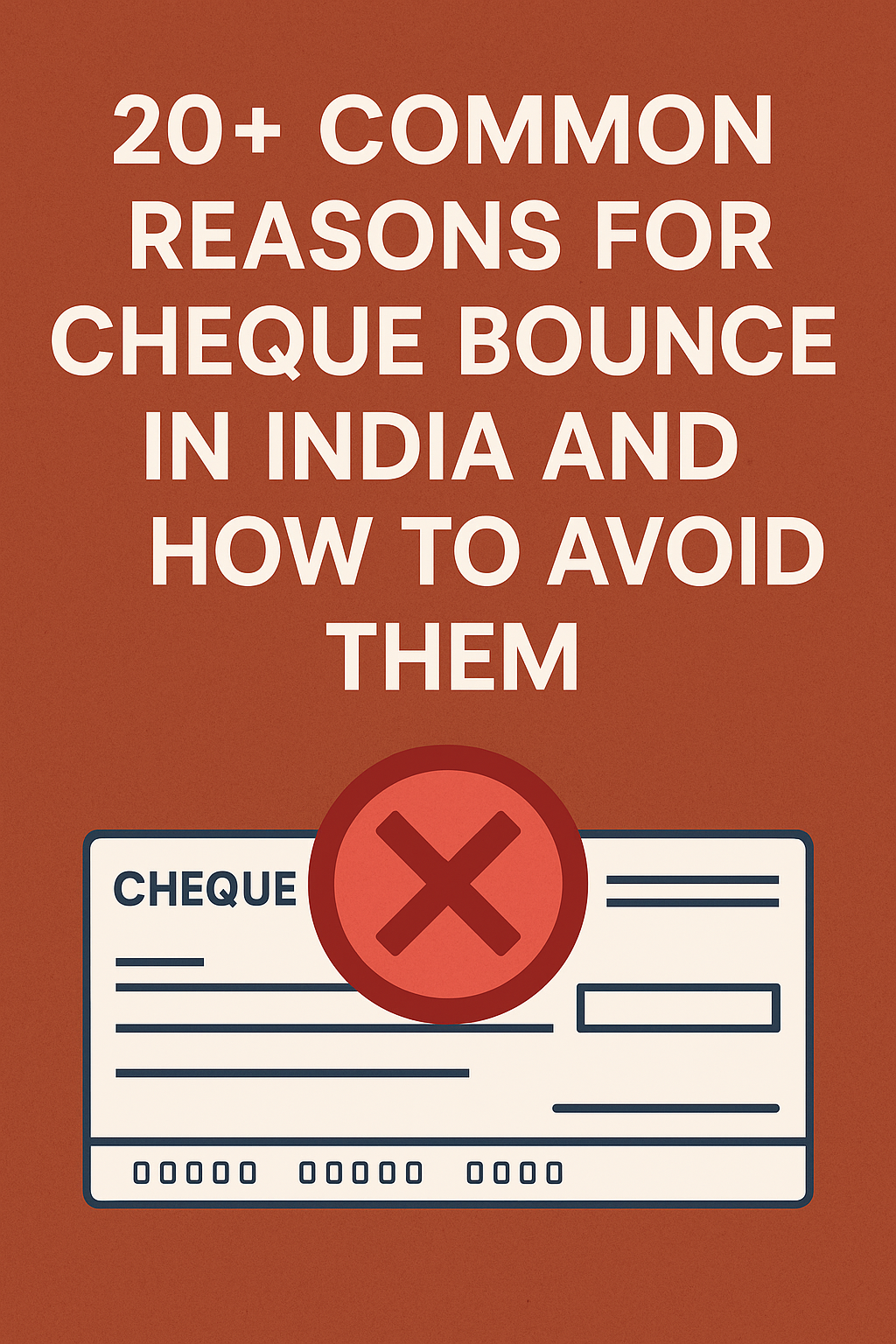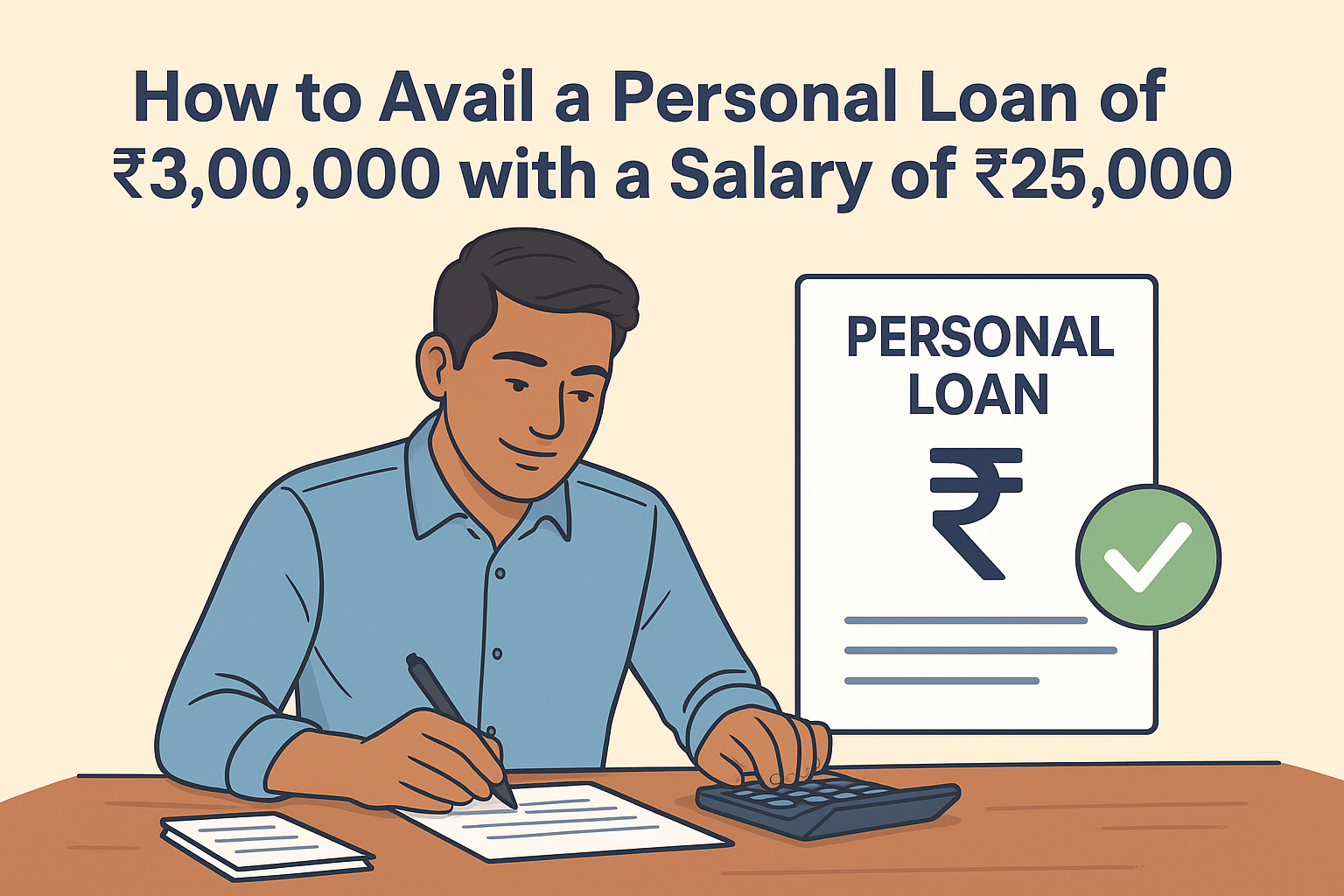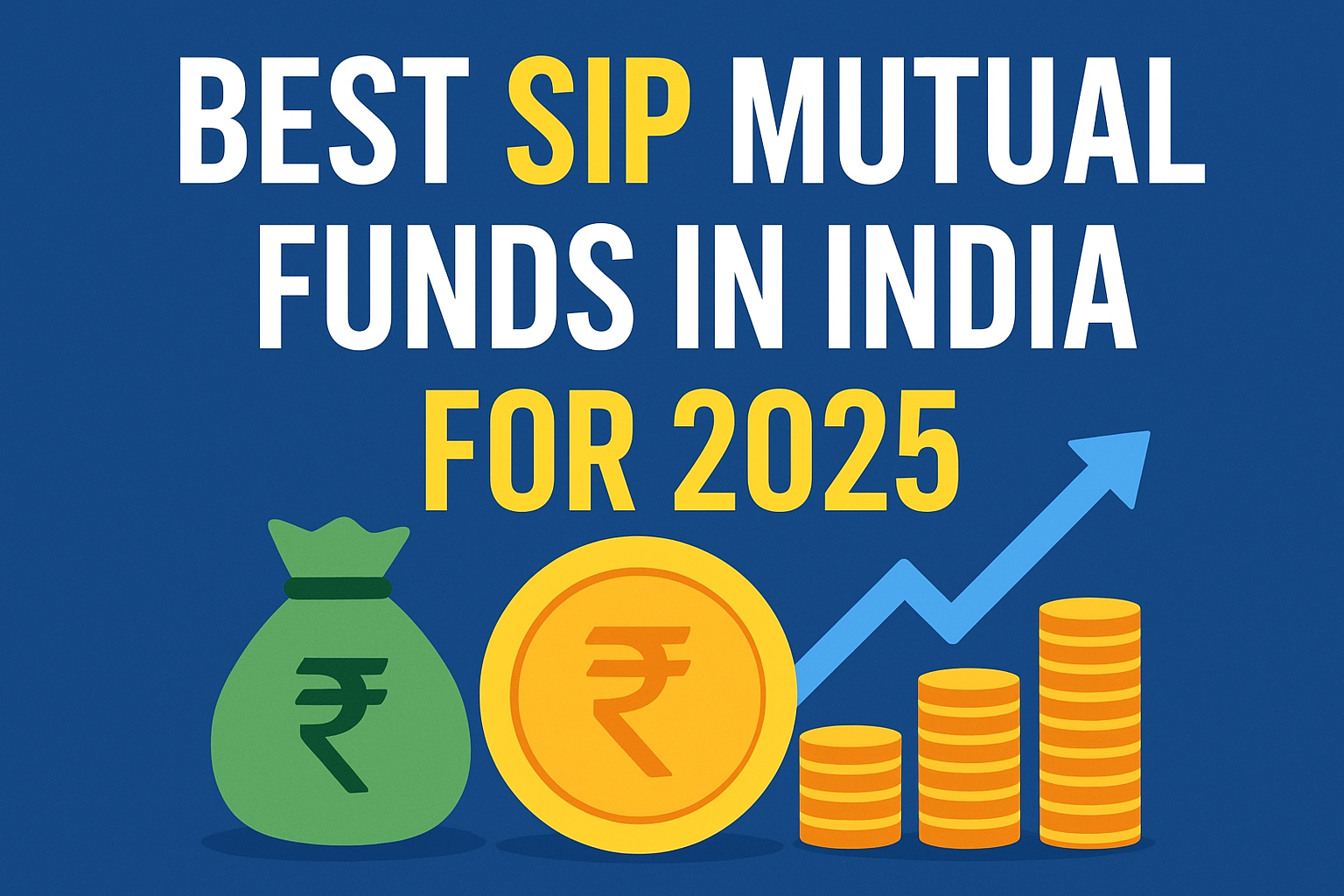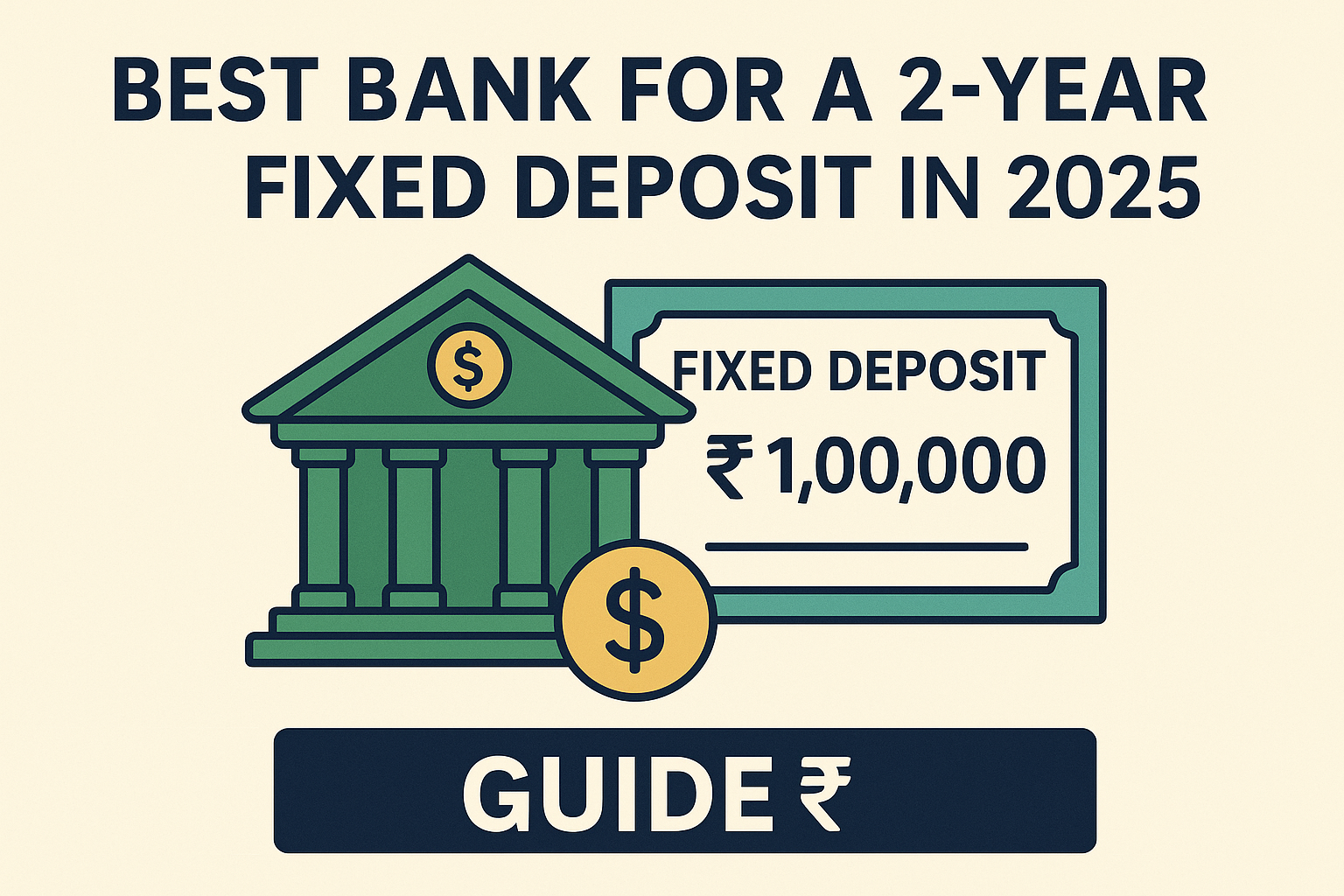Cheques are still widely used for payments in business transactions, personal dealings, and banking activities. However, sometimes a cheque gets “bounced” — meaning it is returned unpaid by the bank. Cheque bouncing can cause inconvenience, damage trust, and even lead to legal action under the Negotiable Instruments Act in India.
If you’ve ever wondered why a cheque might be returned unpaid, here’s a detailed breakdown of the most common reasons.
1. Payee’s Endorsement Required
If the cheque is not endorsed by the payee where endorsement is mandatory, the bank may refuse to clear it. Endorsement is a signature or instruction written on the back of a cheque to transfer ownership.
2. Irregular Payee Endorsement
If the endorsement is incorrect, incomplete, or does not match records, the cheque will be returned. Banks follow strict verification rules for endorsements.
3. Crossed to Two Banks
A cheque can only be crossed to one bank at a time. If it is crossed to two banks, the transaction becomes invalid.
4. Special Crossing to a Specific Bank
Some cheques are specially crossed to a specific bank. If presented through another bank, it will be dishonoured.
5. Not Arranged For
This indicates that the account holder has not made arrangements with the bank to clear the cheque amount.
6. Refer to Drawer
A polite banking term suggesting the payer should be contacted for more details, often used when there are insufficient funds.
7. Full Cover Not Received
When the bank has not received the complete funds from the issuing bank to honour the cheque, it will be returned.
8. Exceeds Arrangement
If the cheque amount is higher than the overdraft limit or agreed arrangement with the bank, the cheque will be bounced.
9. Effects Not Cleared
If the deposited funds (effects) have not yet cleared, the bank will ask the payee to present the cheque again after a given date.
10. Drawer’s Signature Differs
If the signature on the cheque does not match the specimen signature held by the bank, it will be rejected.
11. Drawer’s Signature Missing
A missing signature makes the cheque invalid.
12. Incomplete Signature
If the signature is partially done or unclear, the cheque will be dishonoured.
13. Death, Insolvency, or Lunacy of the Drawer
If the account holder has passed away, is declared insolvent, or is legally incapacitated, the bank will stop withdrawals.
14. Payment Stopped by Drawer
If the account holder issues a stop payment instruction, the cheque will not be cleared.
15. Payment Stopped Under Court Order
Legal restrictions from a court can block cheque payments.
16. Alterations Without Authentication
Any changes in date, amount, or words without the drawer’s signature will cause rejection.
17. Post-Dated or Outdated Cheques
A post-dated cheque (dated for the future) or a stale cheque (older than 3 months) will be dishonoured if presented at the wrong time.
18. Mutilated Cheques
If the cheque is torn, damaged, or unclear, and requires bank guarantee, it may be refused.
19. Incorrect Amount in Protective Crossing
If the amount written in the protective crossing is incorrect, required but missing, or illegible, the cheque will not be processed.
Final Thoughts
Cheque bouncing is not just an inconvenience — it can lead to penalties, loss of credibility, and even legal consequences. Always ensure you maintain sufficient funds, write clear details, avoid unnecessary alterations, and follow the correct banking process.
By being careful, you can avoid cheque dishonour and maintain smooth financial transactions.







